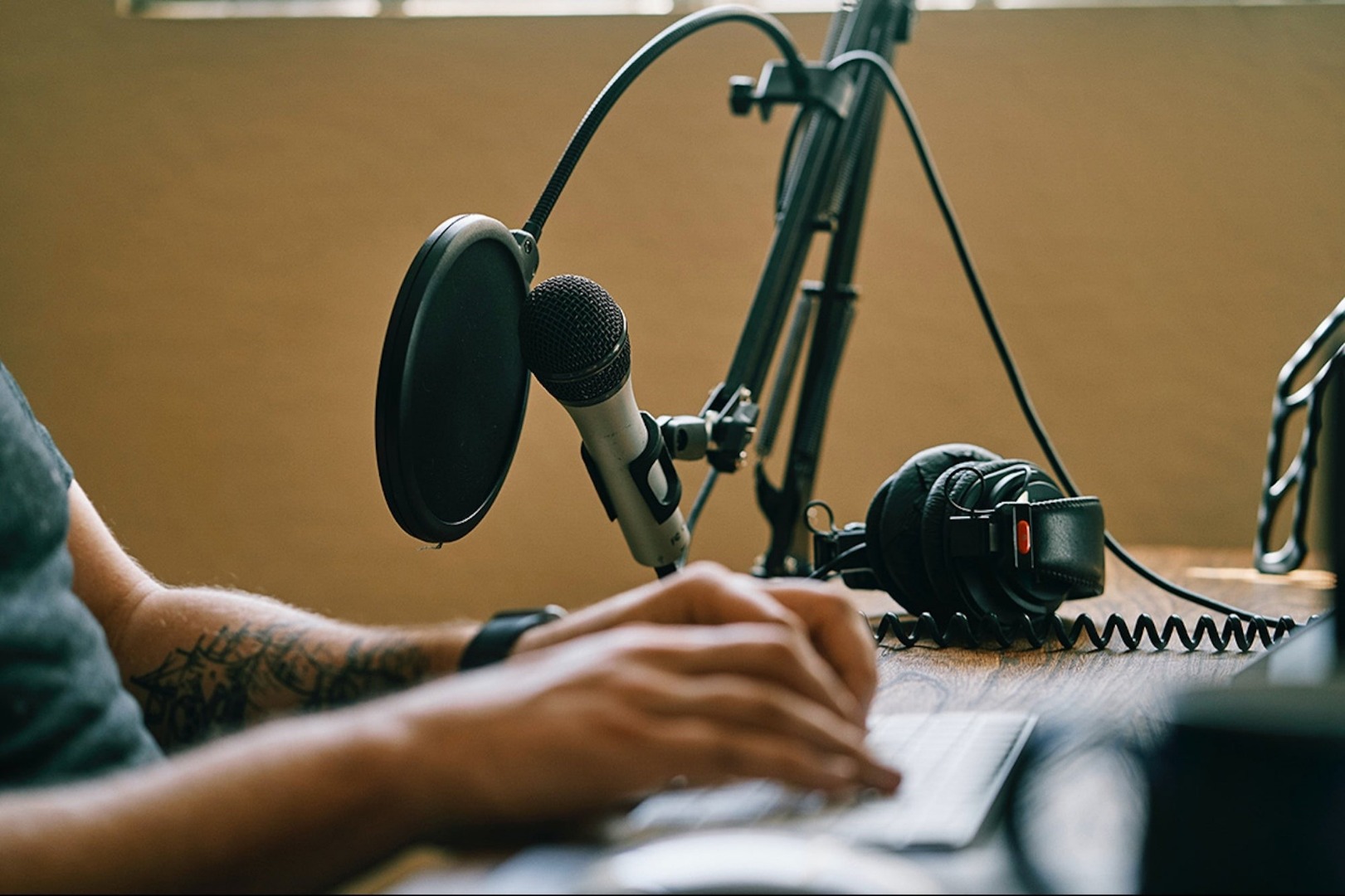The dos and don’ts of podcasting
What is audio in a podcast? Many podcasters need to take podcasting seriously. Voiceovers in podcasts allow them to record podcasts much more professionally. A flawless podcast recording is not just about the absence of noise or distortion, or professional editing of the audio file.
Rather, as a speaker, you must have an expressive, powerful, and fully matured voice. Only through such a sound can you have a good recording. A mature voice in a podcast allows listeners to enjoy the content and story you tell them fully. If you don’t know about the principles of sound production in the podcast, be sure to read this article to the end.
Definition of sound
One of the necessary skills to produce a podcast is to have a mature voice. The voices you hear from the announcers or hosts on TV shows, some video games, podcasts, radio shows, animations, etc., did not become this powerful overnight. Their voice is formed during the voice-making process.
Voiceovers help podcasters and presenters connect with listeners in a way that evokes certain emotions. A podcaster or announcer with a good voice can add more realism to the content that the audience is seeing or hearing and can make them relate to that topic.
The maturity of the voice used during the podcast recording process is very important. For this reason, most podcasters who work in podcast production have already been trained and researched in this field. Some podcasters get help from another person in this field to help them.
Of course, sound production should be distinguished from normal sound effects (SFX) because we use live sound in the sound-making process. But normal sound effects are pre-recorded and used in most podcasts or TV shows – and often repetitive.
Basics of voice exercises for podcasts
To have a better voice to become a professional podcaster, you need to create a more expressive and powerful voice. More power does not necessarily mean more power to shout. This means having a voice that any audience will enjoy hearing. Also, the podcaster must be able to pronounce all the words correctly. Experienced speakers with many years of experience can explain this very well.
It would help if you did not get tired after a quarter or even an hour of continuous talking and consecutive recordings. Rather, you must maintain your ability to speak clearly and articulately. Since making a podcast is an operation where you may need to record for several hours, you should think about the audio from the beginning to record podcasts without problems.
In creating a voice for a podcast and practicing to train your voice for speaking, you need to learn how to breathe. The quality of your voice is directly related to the way you breathe. When you can breathe properly, you will have a more attractive voice. In this case, the listener will not feel uncomfortable hearing your voice. You can achieve a stronger larynx by exercising your vocal cords and learning how to breathe through your diaphragm.
You should be able to speak as much as you can until the moment your lungs are full of air. You should be able to pronounce the words and have good control over your breathing rate. Vocal cords become strong like muscles with lots of reading and practice. You should also practice reading sentences and repeating them until your lungs are full of air.
Common mistakes in audio production for podcasts
Many of the exercises suggested to podcasters to improve their voice are wrong. Note that you should use the patterns and exercises suggested by well-known teachers in this field when making a voice. For example, what mistakes? One of the most common mistakes in podcasting that plagues podcasters more than anything else is wrong breathing.
Whether it’s when you’re starting to talk or when you’re recording a podcast, it’s natural to catch your breath time and time again. Correct breathing will help you to give more power to your voice, and instead of trying to say words, you will say them more easily and with more power. Not warming up the audio before recording a podcast is another common mistake. As a podcaster, you need to warm up your vocal muscles before starting a big race or a tough workout, just like an athlete.
Gentle breathing exercises, humming and saying loud and short words continuously can help you warm up. It is not right to speak too loudly or too softly. Keeping the volume within a specific range will give you a good command of speaking and recording podcasts.
If you still don’t know the volume you should use when recording a podcast, don’t worry. Building a good and powerful voice takes time. Be patient and find your vocal range. But note that it is not right to speak too softly so the words are barely audible. It is also incorrect to speak too loudly as if you are shouting.
Final remarks
The best way to become a professional podcaster is to progress quickly while learning the basics of podcasting with a coach or professional. Many online and in-person classes can help you with voiceover.











